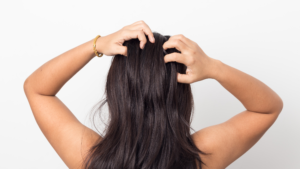
Hair Wellness: It Starts with Your Scalp! Introducing BioEase™ MY-75 and Hairdian AP-GL
Discover how BioEase™ MY-75 and Hairdian AP-GL can improve scalp health
Let’s funnel down the 7 top skin care trends to watch out for in 2022 that will dominate the year. From the rise of popularity of waterless beauty and micro dosing to blue light protection and skin rewilding, to fermented skincare and vegan ingredients, these are the biggest skincare trends guaranteed to bring your skincare routine into 2022 and beyond. Here’s all you need to know.
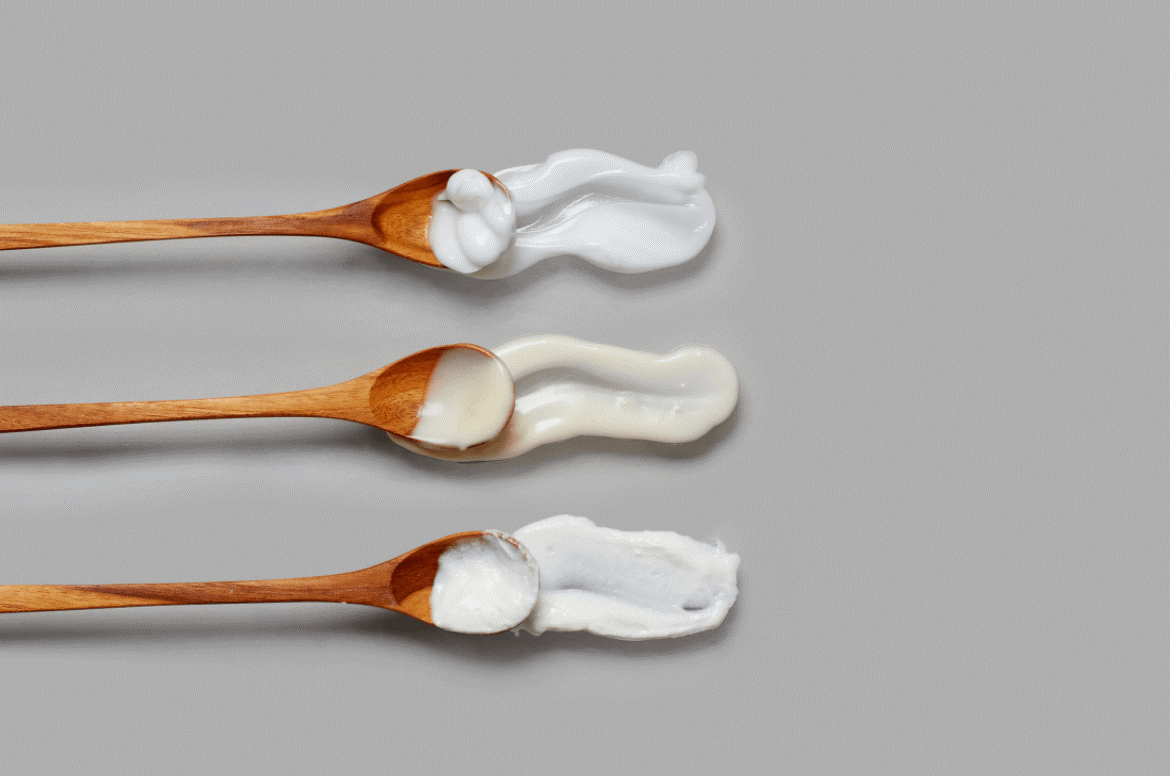
With the rising concerns about water shortages and the need for high-efficacy goods, more and more skincare products with waterless formulas are arriving on the market. Because there is no water, a breeding ground for germs, these formulations contain little to no preservatives, which are known to affect hormones. While water itself isn’t a harmful ingredient, some environmentally minded folks question the practice of relying on it so heavily in product formulation. To put it into context: At our current consumption rate, the World Wildlife Fund predicts that by 2025, two-thirds of the world’s population may face water shortages.
Furthermore, these are more concentrated and require just a small amount to have noticeable benefits. They are most seen in powder or solid form. (Eg. powder body wash etc.) While the western world has fully embraced this trend, we’ve also witnessed homegrown brands implementing this approach into their formulations. In place of liquid face washes and shampoos, we’re seeing powder-based cleansers that morph into foam when activated in the shower. Not only do these products cut back on water consumption overall, but in doing so, they also reduce the amount of packaging used, which decreases the fuel required to ship products to their final destinations. The fact that they’re also fun to use and easier-to-pack in a carryon is a bonus. Click here to find out more about formulation of soap bar.
And, download shampoo and conditioner and paper soap formulation here.

Driven by Korean and Japanese markets, the demand for potent ingredients that linger longer is driving interest in fermented beauty aka kombucha for the skin. But don’t be put off by the word “fermented.” It is thought that the naturally occurring bacteria present in fermented skincare ingredients extends the shelf life of formulae, allowing your skincare to last longer.
According to the supporters of the technique, not only does fermentation act as an active ingredient booster, but it also makes for a higher concentration of nutrients and antioxidants — goodbye signs of aging — while optimizing the penetration of active ingredients into the skin. Because of this natural process, fermented skin-care products generally contain higher, more potent concentrations of vitamins and antioxidants, which help to fight free-radical damage and protect against UV damage. Fermentation can also produce fruit and sugar acids, which exfoliate skin for a healthy glow, plus amino acids, which act as the building blocks of peptides to help fight fine lines and wrinkles. Click here to find out more about the product.

Enter “skincare micro dosing” which is based on the concept that “less is more”. That’s where this new concept of skincare micro dosing comes in, wherein the primary goal is to allow the skin to reap the benefits of these ingredients in a concise manner and not overdo it. ‘Micro dosing,’ which involves utilizing little amounts of potent ingredients like vitamin C, retinol, and exfoliating acids like AHAs, BHAs, and PHAs daily to minimize irritation. This means using lower concentrations instead of the highest percentage possible to enjoy the benefits of these ingredients without risking irritation.
Specifically, you can buy retinol products at a 1 percent or even 3 percent strength over the counter. Micro dosed skin care, on the other hand, contains only 0.1 to 0.3 percent, which is about the right dosage when using pure material. Micro dosing is most useful for those who suffer from sensitivity or have a darker skin tone, which is prone to post-inflammatory hyperpigmentation, because lower concentrations can help keep the skin barrier strong. Click here to find out more on about our Vitamin C.
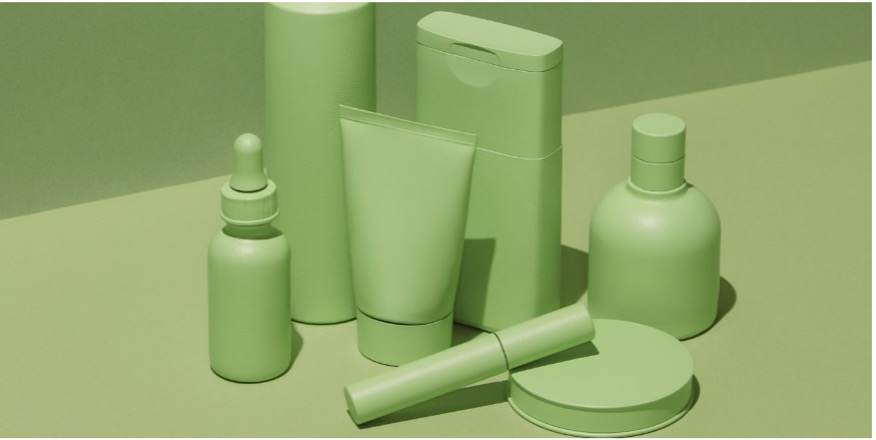
Sustainable packaging continues to be a top priority in beauty, and many brands are introducing refillable packaging to address the issue of single-use plastic. With people growing more and more concerned about what we as humanity are doing to the planet, and skin care products being one of the most polluting ones, it is time brands start giving the option of refilling their products or bringing packaging that is completely compostable. The pandemic also helped fuel environmental concerns. As more people shopped online, they became aware of the excess packaging of both the items they bought and the packages they were delivered in. This led to a public shift toward eco-consumerism where consumers let their green principals guide their buying decisions.
Instead of throwing out or recycling the empty packaging, there is an option of purchasing a new insert and popping it into the existing packaging. By offering refillable beauty packaging in attractive, eco-friendly packaging, brands reduce their carbon footprint while giving customers the “keep forever” beauty products they want. Even better for consumers, refills cost less than the original product.

Soaking up more hours of screen time became the new normal during the Covid-19 pandemic. When we use our laptops, phones, and TVs, we’re exposed to screens that emit blue light, a colour in the visible light spectrum that’s been proven to speed up signs of aging, including hyperpigmentation, fine lines, and wrinkles. There will be a rise in this new type of SPF product to protect us from blue light exposure. Furthermore, blue light has been linked to oxidative stress-induced skin problems such as premature ageing and hyperpigmentation.
Oxidative stress triggers various adverse biological effects, including weakening of the epidermal barrier, hyperpigmentation, and damage to the extracellular matrix leading to accelerated aging. Sunscreen typically protects against ultraviolet A and B rays, but not visible light. An SPF with iron oxide will block visible light. Antioxidants like niacinamide and vitamin C and SPFs with iron dioxide to fight blue light exposure. Click here to find out more on about our Ectoin.
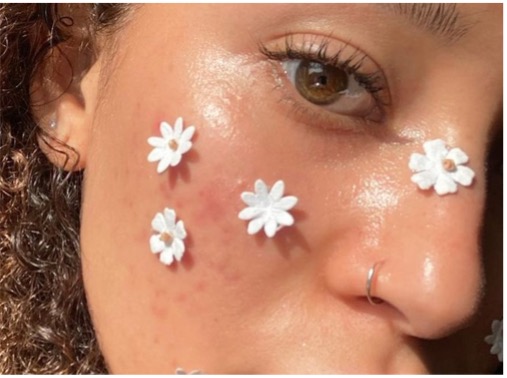
Skin rewilding means protecting its unique microbiome and respecting its natural balance. In 2021 we saw worldwide searches for probiotic moisturizers grew 140% on Google. With the rise of skin sensitivity and it correlates closely with the boom in at-home active skincare. Overuse of harsh acids and retinols can leave skin feeling stripped and reactive. Push skin too far and you can disrupt your skin barrier (the outermost skin defense which keeps toxins out and the good stuff – like moisture – in). But rewilding skin, has emerged as a novel answer to our very modern problem. It focuses on taking skin back to its roots and undoing the intervention of astringent skincare products.
This mini ecosystem, which lives peacefully on our skin, can help to determine things like pH level, product absorption, and ultimately, how healthy our skin is. They help to counterbalance bad bacteria such as C. acnes (which causes acne) or S. aureus (which is linked to eczema). When our microbiome is negatively imbalanced by overstimulation from pollution and harsh active skincare, it can directly lead to skin issues. Probiotics make a smart choice since they are a form of the ‘good bacteria’ our skin needs. And they can be backed-up by prebiotics, too. prebiotics will only feed the good bacteria already on the skin. It helps to lower inflammation and rebuild the skin barrier.
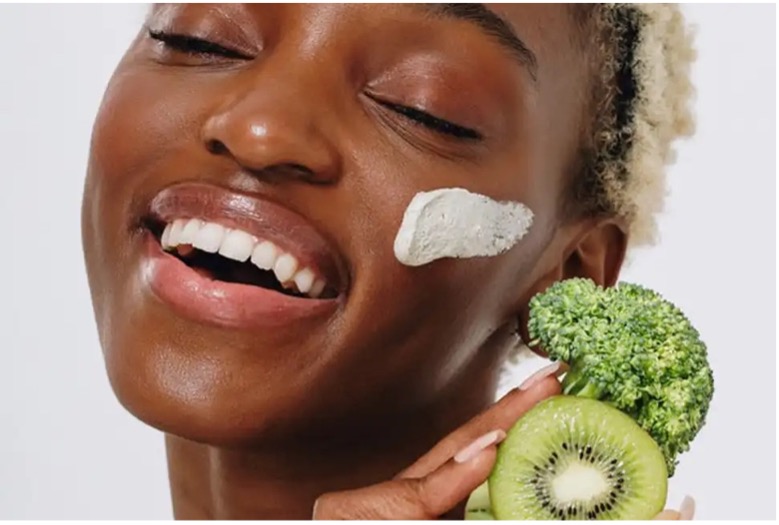
Now, the beauty of vegan skincare products is that there would be no risk of skin irritation from harsh chemicals such as mineral oils, parabens, and artificial fragrances. More and more frequently, consumers are choosing the products which have ‘non-artificial’ and ‘biodegradable’ across their packaging due to the shift in social attitudes towards a more sustainable, eco-friendly future. Therefore normally, those skincare products which have natural ingredients in them generally benefit more skin types because of their unique ingredients.
We offer a wide range of ingredients for your formulation needs. Contact us today at sales@maha.asia to find out more!

Discover how BioEase™ MY-75 and Hairdian AP-GL can improve scalp health

The clean beauty movement is sweeping across the skincare landscape, offering a refreshing shift towards minimalist routines and ingredient transparency. Clean beauty brands prioritize ethically sourced, sustainable practices, and readily disclose their product formulations, empowering you to

In a world characterized by perpetual change and adaptation, the realm of health and wellness stands as a beacon of evolving consumer preferences and industry innovation. As we navigate through
Copyright © 2023 Maha Chemicals (Asia) Pte Ltd